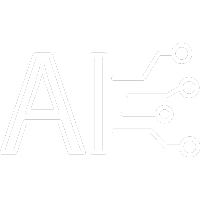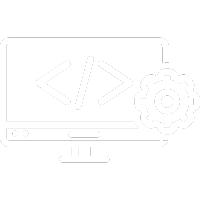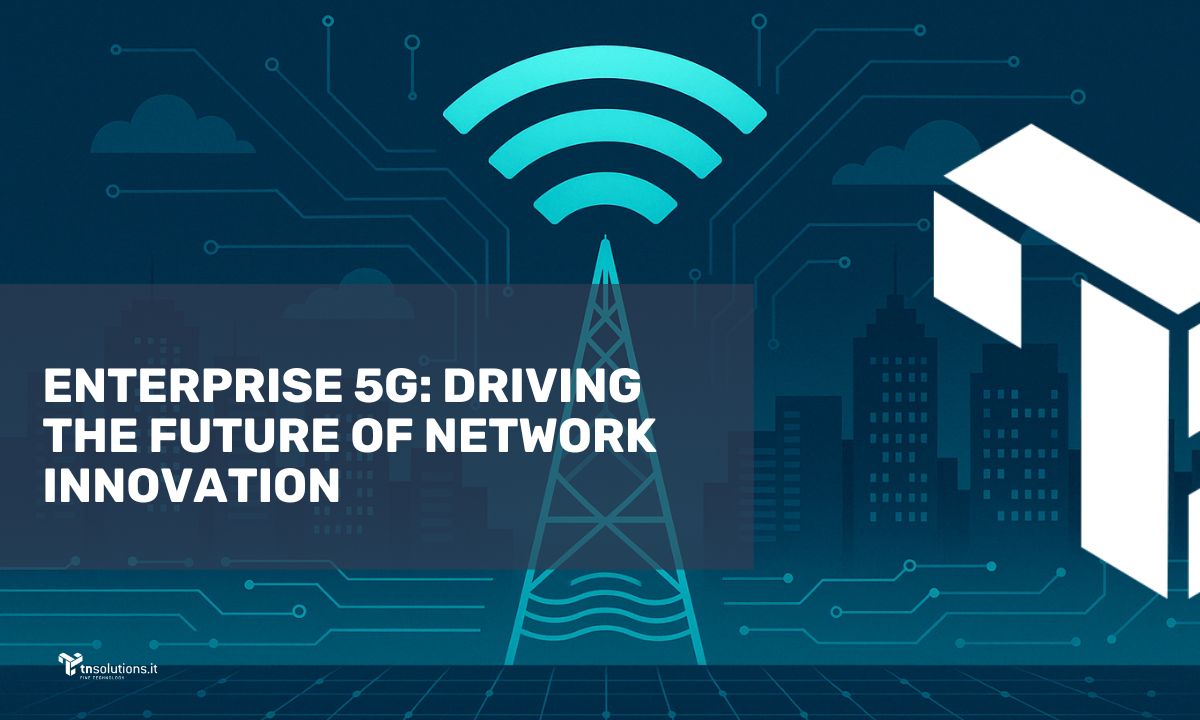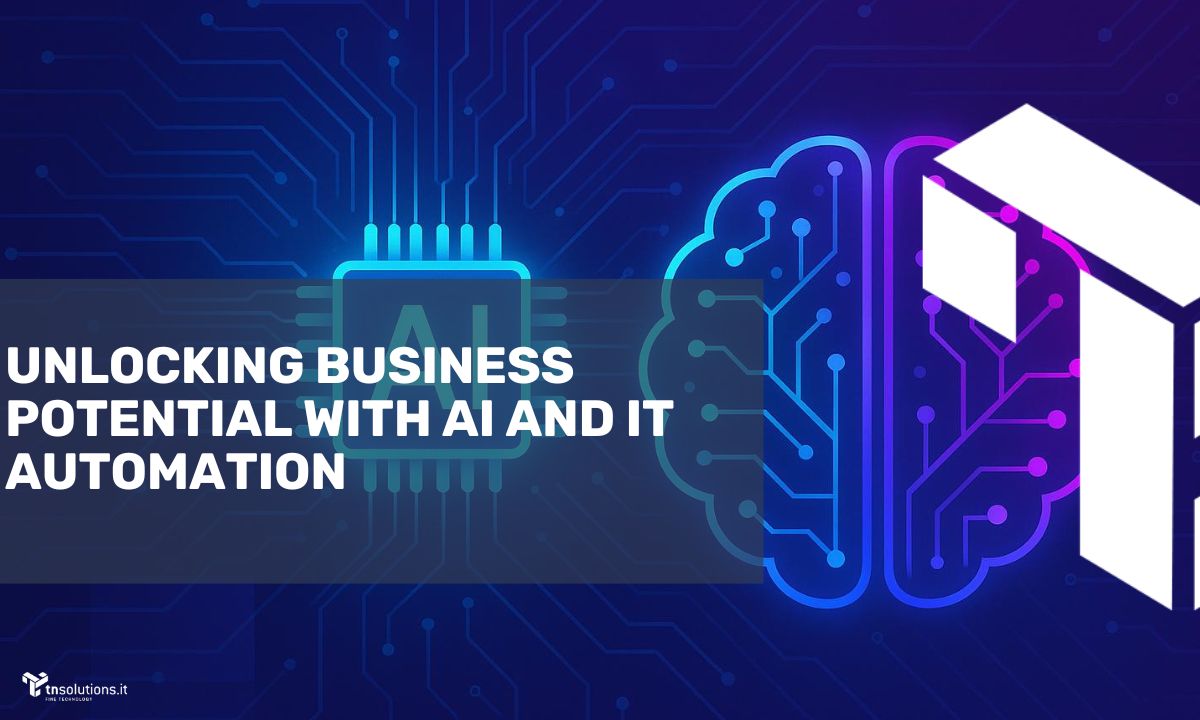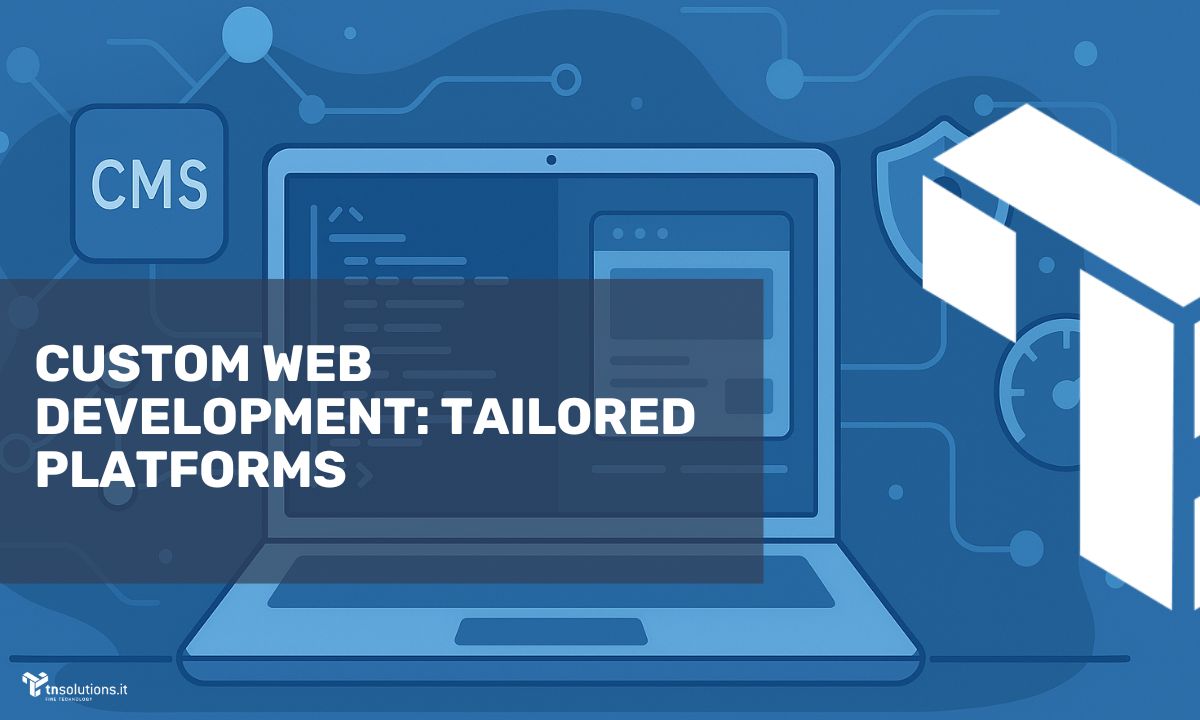
In today’s technology-driven world, the Linux system administrator plays a crucial role within a company’s IT landscape. Their expertise spans from managing IT systems to providing specialized consulting services, ensuring the optimal performance, security, and efficiency of the business’s infrastructure. As companies increasingly rely on complex and diverse platforms, the demand for technical expertise grows. A Linux system administrator addresses these needs with a deep knowledge of the open-source ecosystem. In this article, we will explore the role of a Linux system administrator, from day-to-day support to strategic IT consulting.
Key Skills of a Linux System Administrator
A Linux system administrator ensures the smooth operation of Linux-based servers and systems, a platform widely adopted for its security, flexibility, and stability. The key responsibilities of a Linux system administrator include:
- Server administration: Configuring, monitoring, and maintaining Linux servers to ensure high uptime and performance.
- Cybersecurity: Implementing security measures such as firewalls, encryption, and monitoring systems to protect IT infrastructure from external threats.
- Network management: Setting up and managing company networks, including local area networks (LAN) and external connections (VPN), ensuring secure and stable communication.
- Automation and scripting: Developing scripts to automate repetitive processes, enhancing efficiency and reducing human error.
- Troubleshooting: Diagnosing and resolving technical issues promptly to ensure operational continuity.

IT Support: The Administrator as the Infrastructure Guardian
One of the primary roles of the Linux system administrator in a company is to provide daily IT support. This includes managing user accounts, resolving technical problems, supporting software installations or updates, and continuously monitoring system performance. However, IT support goes beyond troubleshooting, as it also involves preventive measures.
1. Monitoring and Preventive Maintenance
The Linux system administrator is responsible for continuously monitoring servers and systems. Using tools like Nagios, Zabbix, or Prometheus, they can identify and address anomalies before they cause disruptions. Preventive maintenance ensures system stability and optimal performance, avoiding costly downtime.
2. Backup and Recovery
Data management is a critical part of business operations. The Linux system administrator manages robust backup strategies, ensuring corporate data is protected in case of failures, cyberattacks, or human error. Regular backups and effective disaster recovery plans minimize risks and ensure business continuity.
3. User Support and Help Desk
The Linux system administrator is often the first point of contact for employees facing technical issues. Through the help desk, they provide support with daily tools, network access, and company applications, helping to maintain operational efficiency across the organization.
IT Consulting: Strategy and Optimization
Beyond operational tasks, the Linux system administrator plays an increasingly important role as an IT consultant, helping companies make strategic decisions about their IT infrastructure. This consulting role goes beyond problem-solving, focusing on optimizing and evolving the company’s IT systems.
1. Resource Optimization
By analyzing workloads and system performance, the Linux system administrator can suggest solutions to improve overall IT infrastructure efficiency. This includes optimal server configurations, network resource management, and planning technology upgrades to enhance performance or reduce operational costs.
2. Migration and Integration
Companies often face the challenge of migrating from outdated systems or other platforms to Linux, or integrating new technologies into their existing infrastructure. The Linux system administrator provides consulting on how to perform these operations securely and efficiently, minimizing downtime and ensuring smooth transitions.
3. Cybersecurity
Cybersecurity is now a central part of business strategy. The Linux system administrator, with solid expertise in security, can implement advanced protection systems such as data encryption, network traffic monitoring, and multi-factor authentication configurations. They can also help companies comply with security regulations like GDPR.
4. Cloud and Virtualization
As cloud-based solutions continue to grow, many companies are adopting hybrid or fully cloud-based infrastructures. The Linux system administrator can advise on integrating cloud solutions like AWS, Azure, or private cloud platforms, optimizing costs and improving resource scalability. They also handle virtualization using tools like KVM, Docker, or Kubernetes, which allow multiple applications to run on shared resources.

Conclusion: The Value of the Linux System Administrator in Business
The Linux system administrator is more than an operational technician; they are a strategic professional capable of providing daily support, optimizing IT resources, and contributing to business growth through targeted consulting. Their expertise in managing servers, security, and networks, combined with their ability to adapt to new technologies, makes them an indispensable asset for any company aiming to maintain a robust and scalable IT infrastructure.
As digital technologies continue to evolve, the role of the Linux system administrator will become increasingly important—not only for operational management but also for guiding businesses toward more efficient and secure technology choices. If you need assistance, contact us!



